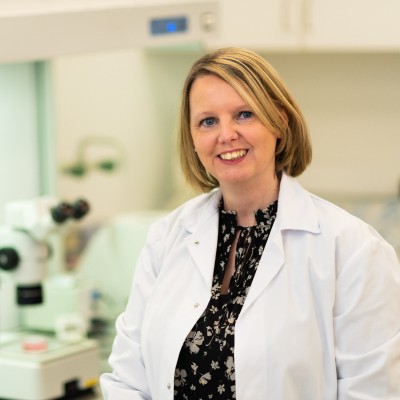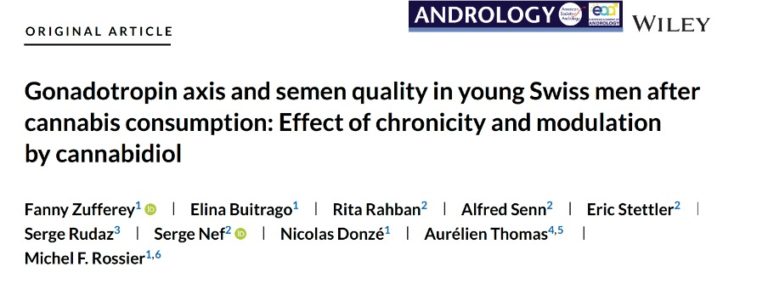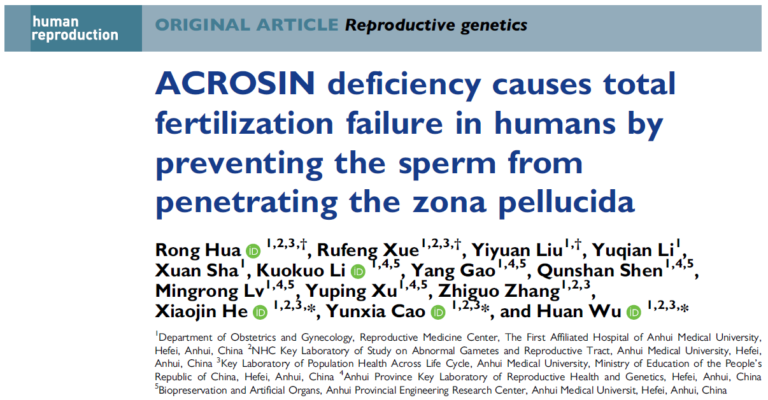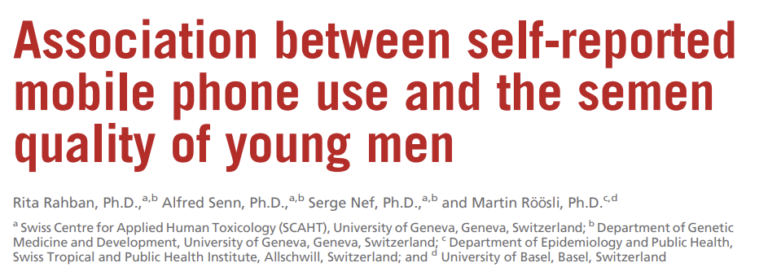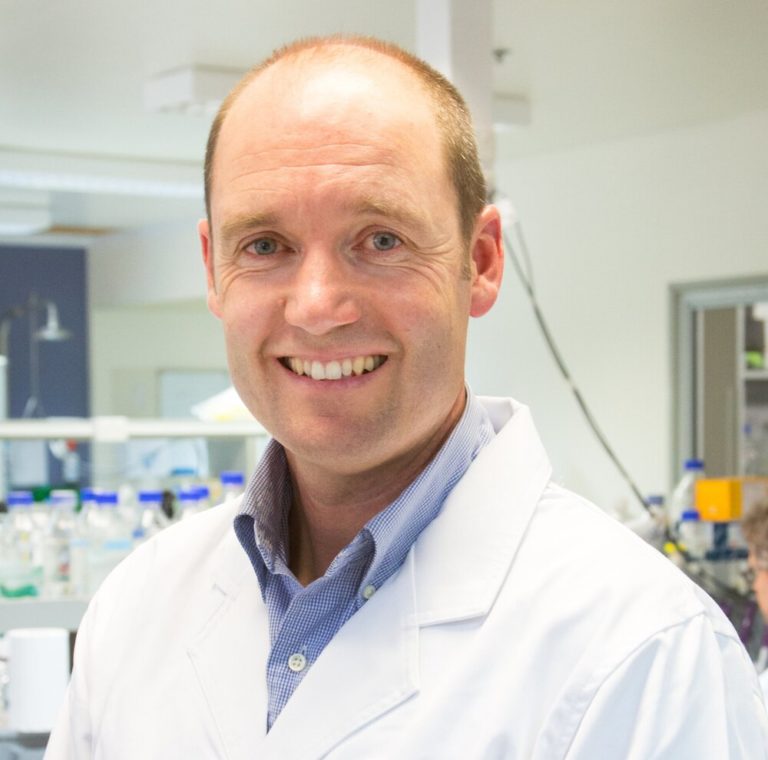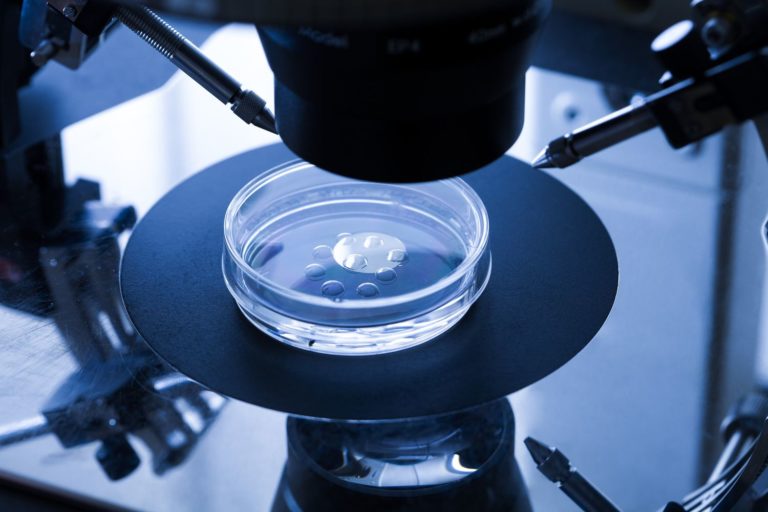Tête-à-tête with Ellen Goossens
In fact, the only time I really decided to work in the field of reproductive biology was when I had to find an internship for my Master’s studies in Biomedical Sciences. I felt honored and privileged to be taught embryology by Prof. Van Steirteghem, the ‘inventor’ of ICSI. I enjoyed his course a lot as …

